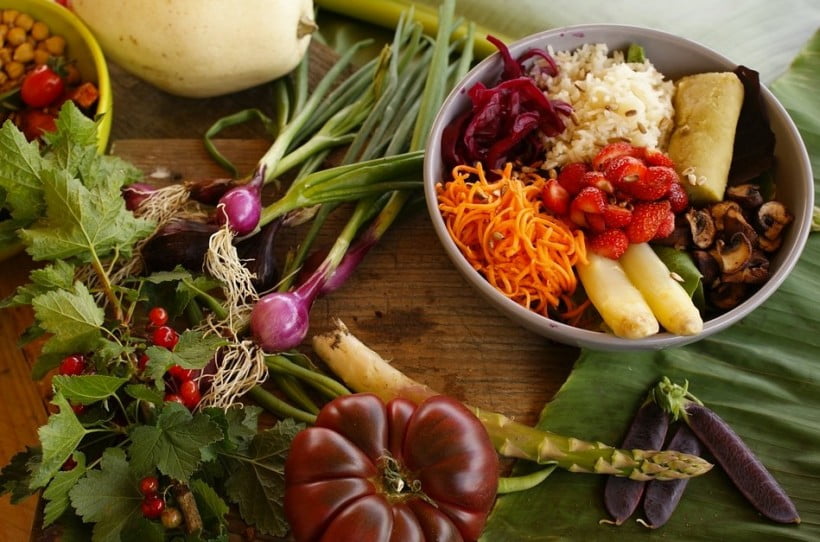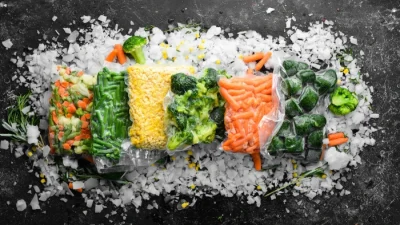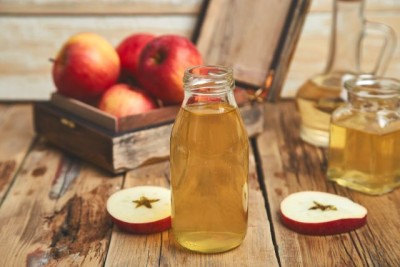7 Vegetables You Must Plant in Your Garden This Summer
Warning: Undefined variable $post in /home/dietofli/public_html/wp-content/plugins/code-snippets/php/snippet-ops.php(584) : eval()'d code on line 3
Warning: Attempt to read property "ID" on null in /home/dietofli/public_html/wp-content/plugins/code-snippets/php/snippet-ops.php(584) : eval()'d code on line 3
The estimated reading time is 5 minutes
Warning: Undefined variable $post in /home/dietofli/public_html/wp-content/plugins/oxygen/component-framework/components/classes/code-block.class.php(115) : eval()'d code on line 3
Warning: Attempt to read property "ID" on null in /home/dietofli/public_html/wp-content/plugins/oxygen/component-framework/components/classes/code-block.class.php(115) : eval()'d code on line 3

There are many reasons why someone would want to start their own garden. Some people enjoy gardening as a hobby. It is something to do to fill the time and they relish watching their hobby literally flourish before their eyes. Other people garden for sustenance; they work hard to produce a crop of vegetables that they can harvest and preserve. A productive garden will help to cut back on the food costs throughout the winter months. Some people garden just to relieve stress since it can be quite calming when you are digging in the dirt and keeping your plants healthy.
These vegetables will be healthy for you and, hopefully, keep you away from the doctor's office. You might need a medical supply store to get bandages and antiseptic, but your body will be healthier overall by eating the right vegetables.
There are plenty of types of gardening. Many people assume gardening is limited to just food, but this isn't true. Some people enjoy flower gardens while others may produce strictly herb gardens so they can dehydrate or freeze their fresh herbs to get them through the winter months.
As far as vegetables go, there are seven vegetables that every vegetable gardener should plan on growing in their garden.
- Lettuce
- Spinach
- Kale
- Tomatoes
- Beans
- Beets
- Squash
Many of these vegetables provide health benefits that can help boost vitamins. There are many supplements that already contain beets, kale, or spinach. These superfoods are high in antioxidants and vitamins.
Lettuce
Lettuce should always be planted in your garden. There are plenty of varieties to choose from and this is a great summer vegetable that can be added to sandwiches or used for salads. Lettuce is high in vitamin C and K as well as calcium, phosphorous, magnesium, and potassium.
This refreshing vegetable combined with some other fresh veggies and a protein such as avocado, chicken, egg, or salmon will make a healthy and scrumptious meal choice. Growing lettuce is quite simple. It can be grown in the ground, in a container, or in a garden box. It grows rapidly from seed and some common varieties include romaine, butterhead, leaf, iceberg, and bibb.
Spinach
Spinach is another leafy vegetable that grows easily in a garden. It can be planted in the ground, in a pot, or in a raised garden box along with lettuce. Spinach can be eaten straight from the garden or it can be cooked. Spinach contains vitamins B6, B9, and E as well as magnesium and potassium. Spinach is commonly added to soups, salads, sandwiches, and even smoothies.
Kale
Kale is an extremely healthy leafy vegetable. Kale is so healthy that one cup of it provides a days worth of vitamins A and C and it is full of calcium and iron. It can be eaten in a salad with lettuce and spinach or added to soups. Kale also sautés well or can be dehydrated and enjoyed as "kale chips". This leafy powerhouse vegetable grows best in cooler weather so it fares best in spring and fall. If you are growing it during the summer months, make sure it receives enough shade and water.
Tomatoes
Tomatoes are enjoyed as a sauce or sliced with mozzarella cheese. Some people enjoy eating them raw or adding them to a salad. They are technically a fruit since they have seeds but they are a top producer to grow in a garden every year. Tomatoes contain antioxidant lycopene which has been linked to reducing the risk of some cancers and diseases. Aside from being very tasty, they are also a great source of folate, vitamin K and vitamin C.
Beans
Green beans tend to climb and can take up a lot of garden space. These do not do well in pots and grow best directly in the ground. The vitamin K and silicon found in green beans help establish healthier bones, skin, and hair.
Beets
Beets are a red root vegetable. The greens that sprout from the plant can be sautéed. The beet itself grows underground like a carrot. It is ready to be pulled when you see it popping out of the ground. They must be peeled and then boiled or sautéed to be eaten. Beets are full of manganese, potassium, iron, and vitamin C.
Squash
There are plenty of varieties of squash to choose from. Summer squash and zucchini are summer squashes that are soft. They are fantastically cooked and contain folate, magnesium, fiber, riboflavin, phosphorus, and potassium. These can be planted in the ground in the spring and generally start producing squash around mid-summer. Squash plants take a large space to grow in due to the large leaves. Each squash plant requires about 3-5 feet of growing space. Popular squashes to plant in the summer that will produce a fall harvest of squash include spaghetti squash, acorn squash, butternut squash, and pumpkins.
Establishing a vegetable garden will help you live a healthier life. You will be able to tend to your plants and take pride in knowing that you grew them. Adding these seven must-have vegetables will put you on a journey towards a healthier diet from your own backyard.














